With the forthcoming REF 2021 in mind we would like to encourage both staff and postgraduate students to consider writing up their literature reviews as journal articles. Systematic and scoping reviews are a great way of publishing quality publications. They are highly valued as REF submissions, especially, but not only, in the health field.
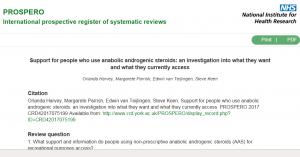
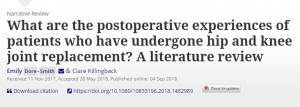 There is plenty of support at Bournemouth University: from academic colleagues, with vast experience in writing reviews, to the library team, who can advise on, for example, developing your systematic search strategy and which databases to search.
There is plenty of support at Bournemouth University: from academic colleagues, with vast experience in writing reviews, to the library team, who can advise on, for example, developing your systematic search strategy and which databases to search.
You can start with publishing your review question and research strategy on PROSPERO, international prospective register of systematic reviews. We would like to highlight just one BU example in the field of the social sciences. FHSS PhD student Orlanda Harvey published her proposed review ‘Support for people who use anabolic androgenic steroids: an investigation into what they want and what they currently access’ late last year on PROSPERO [1].
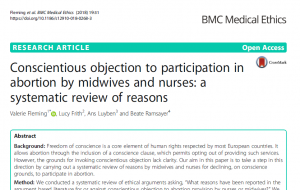
You might like to have a look at reviews published by Bournemouth University staff, which can be found by searching BURO, our institutional repository of research outputs. Moreover, BU academics have published several methods papers on the doing and writing systematic reviews [2-4].
Information about searching the literature for systematic reviews is available on this guide by the library team.
Other pages with useful information include:
Hopefully we have encouraged you to think about publishing your literature reviews as separate articles, and to seek help early in that process!
José López Blanco & Edwin van Teijlingen
For further information, please contact:
José López Blanco, Faculty Librarian (Health and Social Sciences), Library & Learning Support, Academic Services at tel 67350 or email: hsslibteam@bournemouth.ac.uk
References:
- Harvey, O., Parrish, M., van Teijlingen, E., Keen., S. (2017) Support for people who use anabolic androgenic steroids: an investigation into what they want and what they currently access. PROSPERO 2017 CRD42017075199 Available from: http://www.crd.york.ac.uk/PROSPERO/display_record.php?ID=CRD42017075199
- van Teijlingen E., Napper, M., Bruce, J., Ireland. J. (2006) Systematic reviews in midwifery, RCM Midwives Journal 9(5): 186-188.
- van Teijlingen, ER, Simkhada, B., Ireland J., Simkhada P., Bruce J. (2012) Evidence-based health care in Nepal: The importance of systematic reviews, Nepal Journal of Epidemiology 1(4): 114-118.
- Stewart, F., Fraser, C., Robertson, C., Avenell, A., Archibald, D., Douglas, F., Hoddinott, P., van Teijlingen, E., Boyers, D. (2014) Are men difficult to find? Identifying male-specific studies in MEDLINE and Embase, Systematics Reviews 3,78.

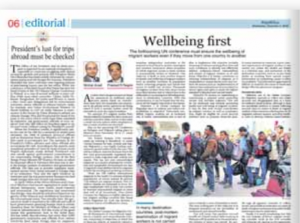


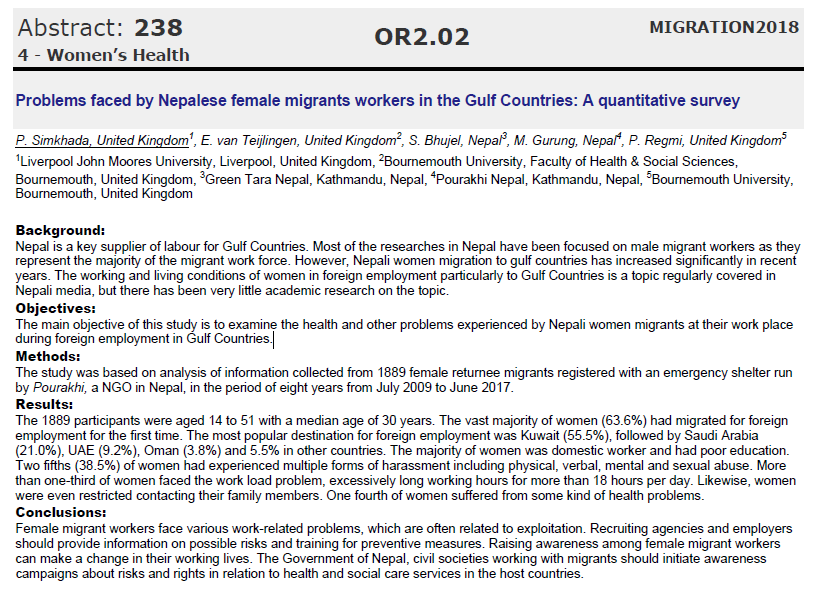

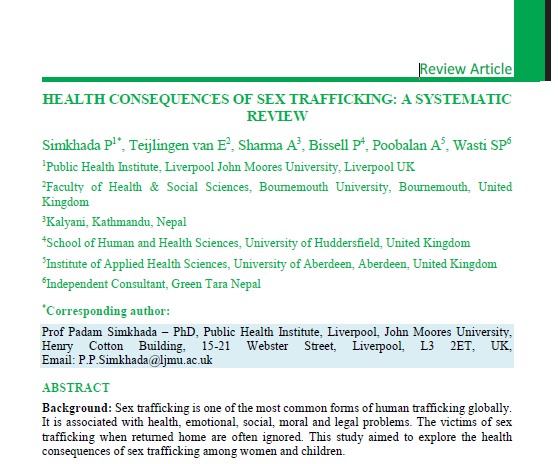















 Read and sign up to BU’s Policy Influence Digest
Read and sign up to BU’s Policy Influence Digest Upcoming opportunities for PGRs – collaborate externally
Upcoming opportunities for PGRs – collaborate externally BU involved in new MRF dissemination grant
BU involved in new MRF dissemination grant New COVID-19 publication
New COVID-19 publication MSCA Postdoctoral Fellowships 2024
MSCA Postdoctoral Fellowships 2024 Horizon Europe News – December 2023
Horizon Europe News – December 2023